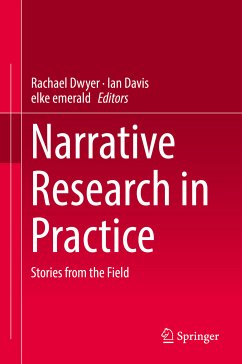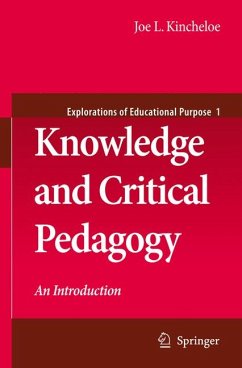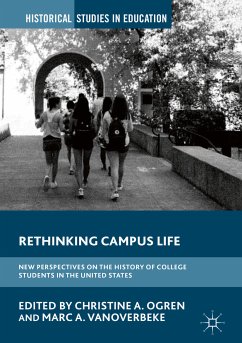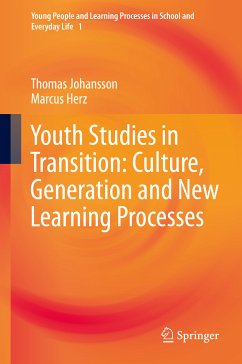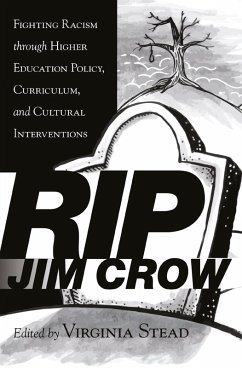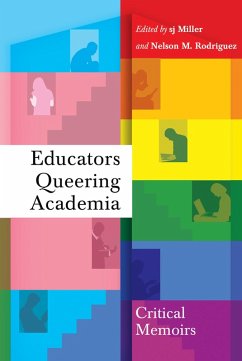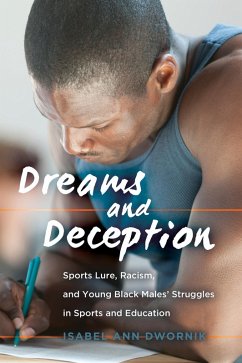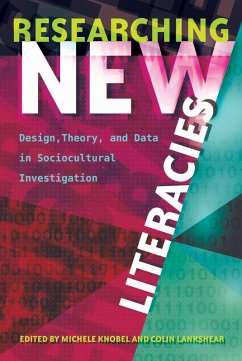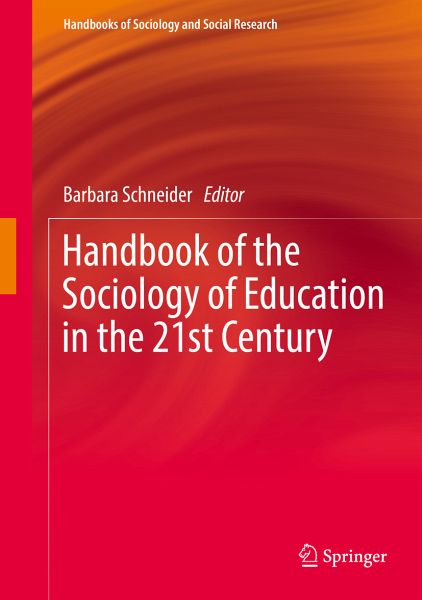
Handbook of the Sociology of Education in the 21st Century (eBook, PDF)
Versandkostenfrei!
Sofort per Download lieferbar
175,95 €
inkl. MwSt.
Weitere Ausgaben:

PAYBACK Punkte
88 °P sammeln!
This handbook unifies access and opportunity, two key concepts of sociology of education, throughout its 25 chapters. It explores today's populations rarely noticed, such as undocumented students, first generation college students, and LGBTQs; and emphasizing the intersectionality of gender, race, ethnicity and social class. Sociologists often center their work on the sources and consequences of inequality. This handbook, while reviewing many of these explanations, takes a different approach, concentrating instead on what needs to be accomplished to reduce inequality. A special section is devo...
This handbook unifies access and opportunity, two key concepts of sociology of education, throughout its 25 chapters. It explores today's populations rarely noticed, such as undocumented students, first generation college students, and LGBTQs; and emphasizing the intersectionality of gender, race, ethnicity and social class. Sociologists often center their work on the sources and consequences of inequality. This handbook, while reviewing many of these explanations, takes a different approach, concentrating instead on what needs to be accomplished to reduce inequality. A special section is devoted to new methodological work for studying social systems, including network analyses and school and teacher effects. Additionally, the book explores the changing landscape of higher education institutions, their respective populations, and how labor market opportunities are enhanced or impeded by differing postsecondary education pathways. Written by leading sociologists and rising stars in thefield, each of the chapters is embedded in theory, but contemporary and futuristic in its implications. This Handbook serves as a blueprint for identifying new work for sociologists of education and other scholars and policymakers trying to understand many of the problems of inequality in education and what is needed to address them.
Dieser Download kann aus rechtlichen Gründen nur mit Rechnungsadresse in A, B, BG, CY, CZ, D, DK, EW, E, FIN, F, GR, HR, H, IRL, I, LT, L, LR, M, NL, PL, P, R, S, SLO, SK ausgeliefert werden.



